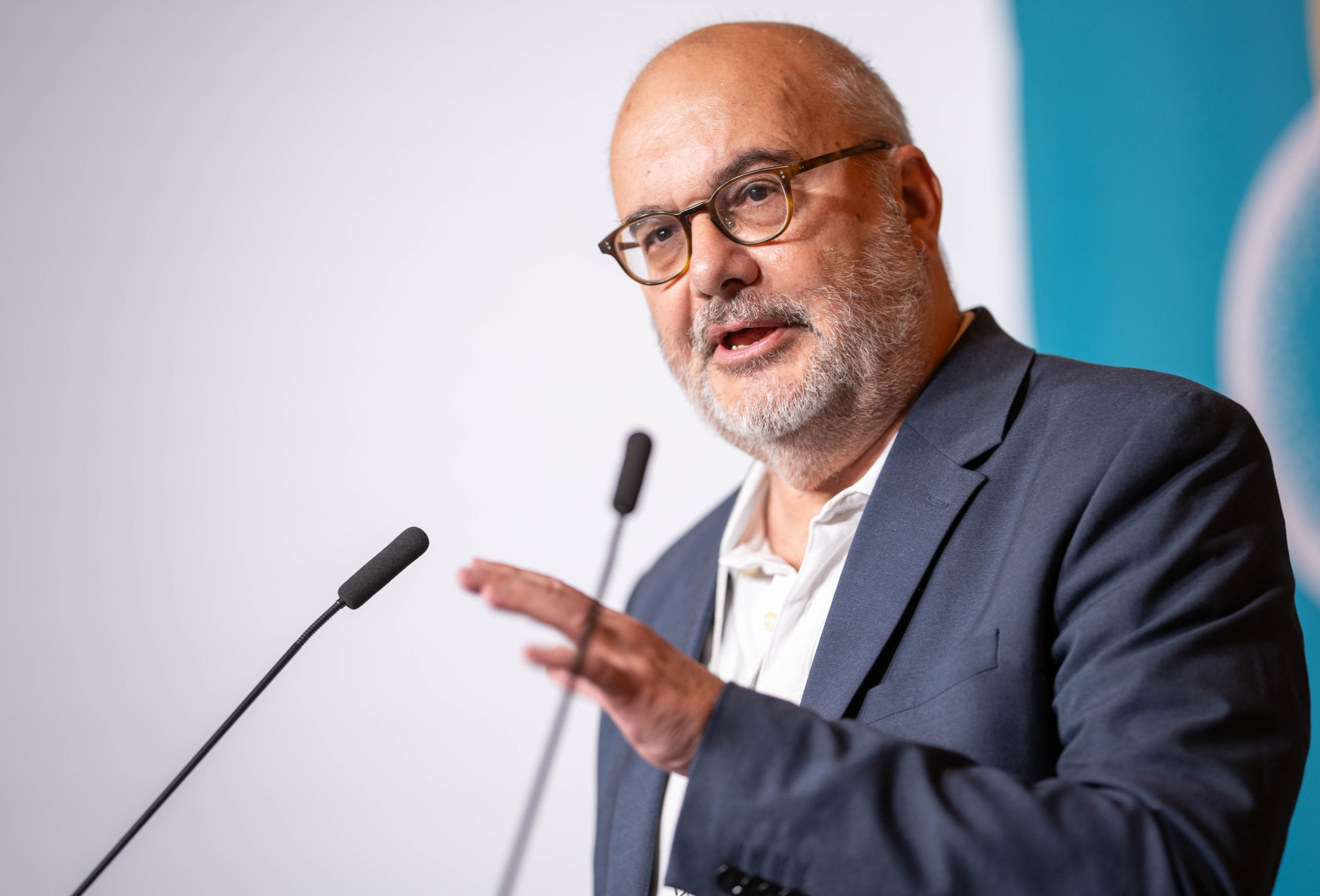NEW PARADIGM
“Not so pessimistic” – Branko Milanović on the Berlin Declaration
From our Forum New Economy newsletter series
BY
THOMAS FRICKEPUBLISHED
19. MAY 2025READING TIME
2 MIN
Dear friends and colleagues,
When internationally leading experts came together for the first Berlin Summit in May 2024, the signs of impending turmoil were already visible – a new wave of populism and authoritarianism. Back then, the central question was how economic policy could be reshaped to address people’s growing discontent.
One year later, the United States is led by an authoritarian president, climate and industrial policy seem to have vanished, and further trade wars loom on the horizon. So what value does the Berlin Declaration still hold – the one signed back then by dozens of prominent figures, describing what kind of politics could help people regain a sense of agency?
We spoke about this during a visit to Berlin with Branko Milanović, one of the declaration’s most prominent signatories. Back then, he described it as a potential alternative to the Washington Consensus of the market-liberal era. One fundamental issue, he says, has not changed: large parts of the population have seen little benefit from the economic gains brought by globalization and neoliberal policies. Donald Trump, Milanović argues, skillfully leveraged this dissatisfaction – by blaming China and low-skilled migrants.
Over time, it will become clear that what Trump is doing now will not work, and that the situation for many Americans will not improve, says Milanović: “Looking four or five years ahead, I am not pessimistic.”
Precisely because the situation has changed so dramatically in recent months, it is all the more important to highlight alternatives. The principles laid out in the Berlin Declaration remain relevant – a statement signed by, among others, Dani Rodrik, Laura Tyson, Adam Tooze, Mariana Mazzucato and Thomas Piketty.
You can watch the full seven-minute video with Branko Milanović here.
At the second Berlin Summit in just over three weeks, the aim will not be to draft a new declaration with new principles – but rather to explore what the existing ones mean for future policy: for a more advanced industrial and climate policy, or for a more cooperative form of globalization. The guiding theme: Winning back the future.
Click here to register for the public day on June 13 – with Adam Tooze, James Galbraith, Dalia Marin, Maja Göpel and others.
Have a great week,
Thomas Fricke
This text is from our bi-weekly newsletter series. To subscribe, click here.
